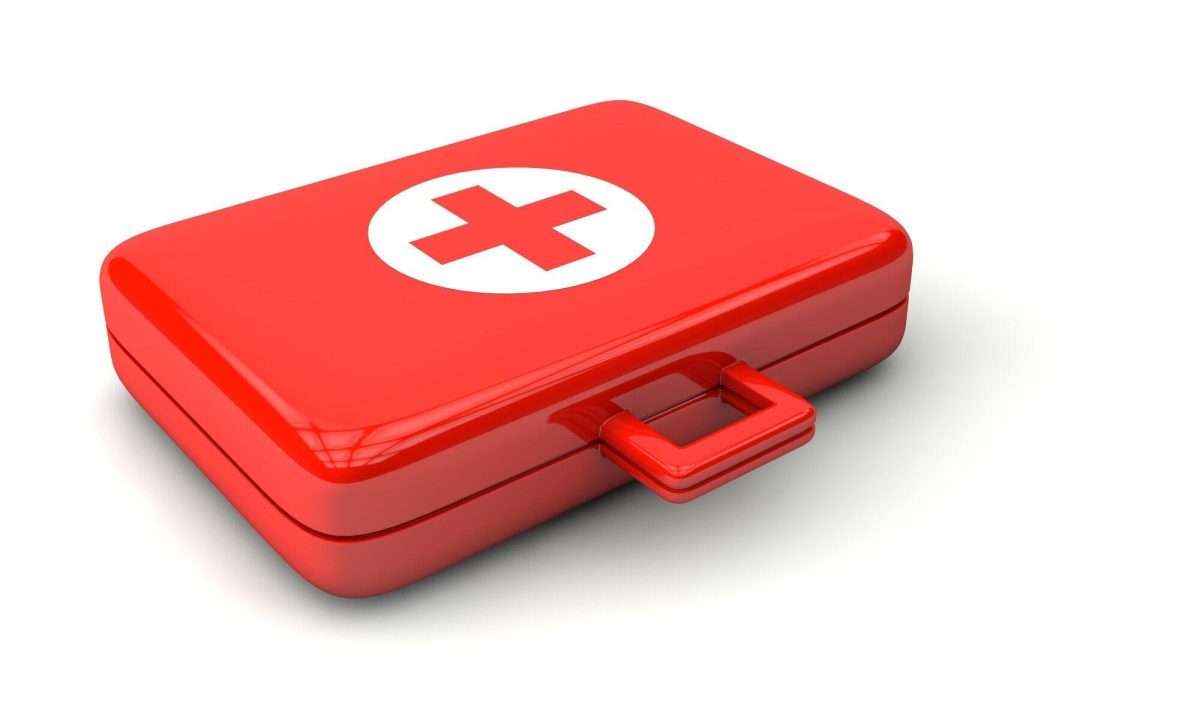The Necessity of Seeking Help
Embarking on the path to sobriety often requires acknowledging that assistance is needed. Many individuals benefit from various treatment programs available in medical and community settings. For example, facilities like Pinnacle Recovery offer tools and strategies tailored to an individual’s unique needs, making recovery more attainable. These programs provide structured environments and evidence-based therapies, creating an optimal setting for long-term sobriety.
Programs for professional treatment are effective, according to research. Behavioral therapies, according to the National Institute on Drug Abuse, can help patients stay in treatment longer, change their attitudes and drug-related behaviors, and improve their capacity to deal with stressful situations and cues from the outside world that could cause strong drug cravings.
Creating a Supportive Environment
Ensuring that the surroundings are conducive to sobriety is crucial. This may involve clearing the living space of triggers like alcohol or drug paraphernalia and enlisting the help of friends and family. A robust support system can provide motivation and accountability to people in difficult circumstances.
Tips for a Supportive Environment
- Remove any substances or related items from the home.
- Communicate your goals and needs with close friends and family.
- Engage in activities that support sobriety such as exercise or hobbies.
Establishing Healthy Routines
Routine plays a vital role in the recovery process. Regular activities like exercise, healthy eating, and engaging in hobbies can fill the void left by chronic substance use. These routines promote physical wellbeing and provide a structured way to navigate daily life without substances.
Exercise and Nutrition
Regular physical activity can release endorphins, improving mood and well-being. Additionally, a balanced diet supports overall health and recovery. Various fruits, vegetables, lean proteins, and whole grains can fortify the body and mind.
The Importance of Mental Health
A key component of maintaining sobriety is treating underlying mental health conditions. Anxiety and depression are common co-occurring problems in many people with substance use disorders. In order to effectively manage these disorders, seeking treatment might offer crucial insights into them.
Therapeutic Options
Cognitive Behavioral Therapy (CBT) and Dialectical Behavior Therapy (DBT) effectively address these issues. These approaches help individuals understand and change their thought patterns, thus reducing the risk of relapse.
Coping Mechanisms for Triggers
Developing strategies to deal with triggers is essential in avoiding relapse. Mindfulness techniques, cognitive-behavioral strategies, and support groups can all help individuals recognize and combat situations that might tempt them to revert to substance use.
Mindfulness Techniques
Practices like meditation and deep-breathing exercises can help manage stress and emotional discomfort. By maintaining present-moment awareness, individuals are better equipped to handle triggers and cravings.
Staying Connected with Support Networks
Connecting with others who understand the sobriety journey offers emotional support and practical advice. Support groups and sober living communities provide a sense of belonging and reduce the feeling of isolation that can sometimes accompany recovery.
Benefits of Support Groups
Support groups like Alcoholics Anonymous (AA) or Narcotics Anonymous (NA) offer peer-to-peer support. Sharing experiences and coping strategies in such groups can provide valuable insights and foster community.
Setting Long-Term Goals
Setting achievable long-term goals can provide a sense of purpose and direction. Whether it’s pursuing a new career, continuing education, or participating in volunteer work, these goals help maintain focus and motivation during recovery.
Steps to Set Goals
- Identify what you truly want to achieve in the long run.
- Divide these objectives into more doable, smaller activities.
- Celebrate small wins and progress along the way.
Continual Learning and Self-Improvement
Living a happy and productive sober life involves ongoing learning and progress. Reading, taking seminars, taking up new hobbies—all of these personal development activities—lead to a more insightful and expansive view on life.
Personal Development Activities
Learning new skills, exploring creative outlets, or engaging in volunteer work can offer fulfillment and a sense of achievement. These engagements not only build self-esteem but also foster continuous personal growth.














































































































